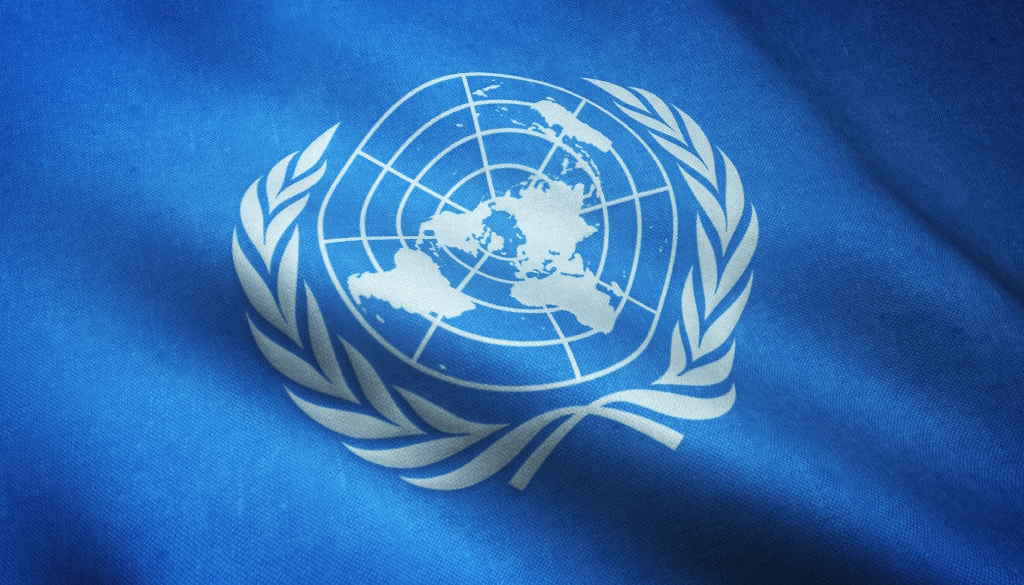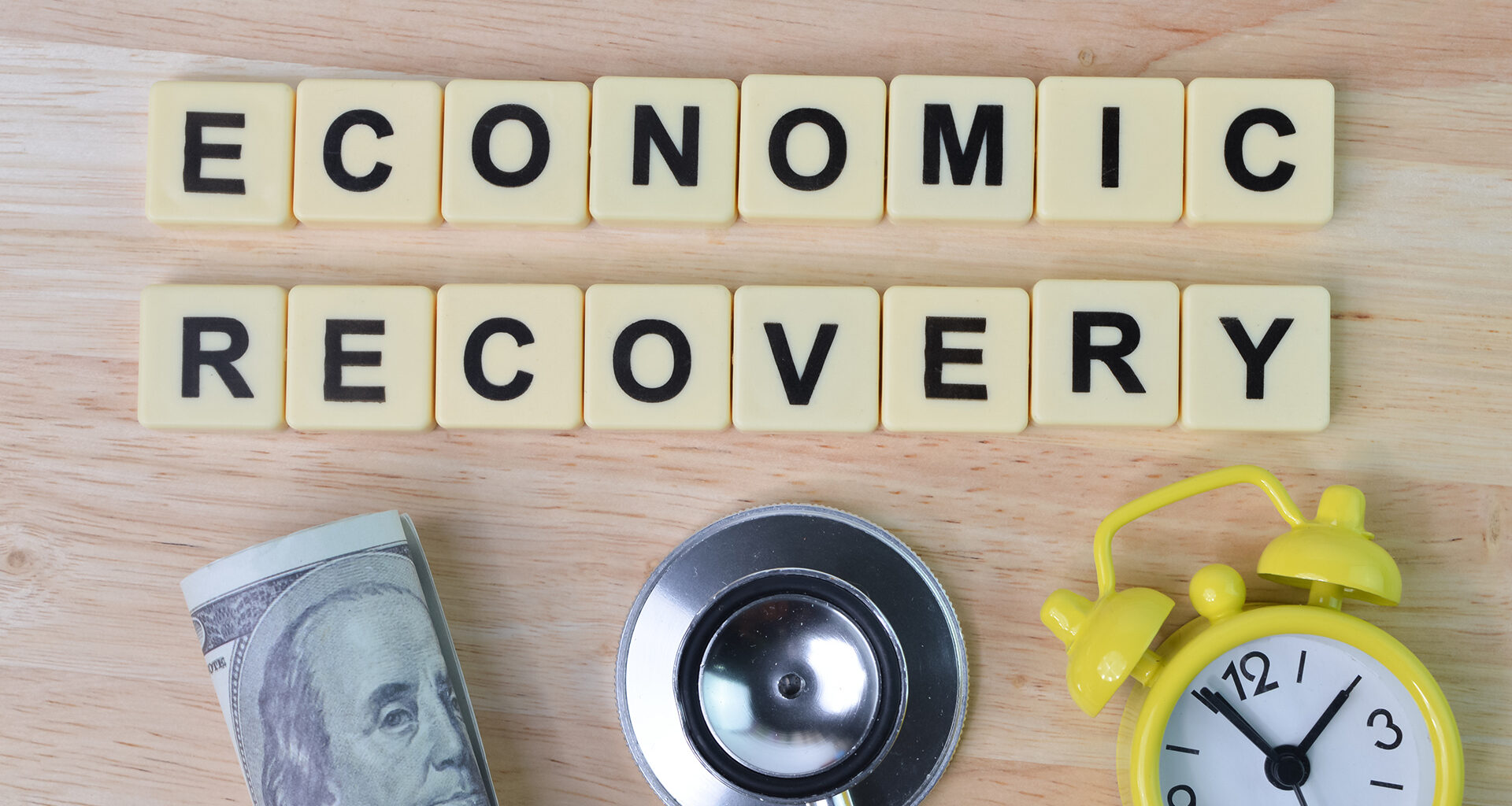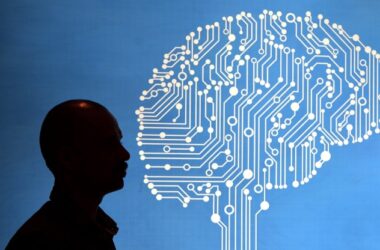As the world emerges from the economic challenges brought about by the COVID-19 pandemic, there is a growing momentum in many countries to kickstart economic recovery through job creation initiatives. These efforts recognize the critical role that employment plays in rebuilding economies, restoring livelihoods, and fostering stability in the wake of a global health crisis.
The Pandemic’s Economic Impact:
The COVID-19 pandemic resulted in unprecedented disruptions to economies worldwide. Lockdowns, travel restrictions, and social distancing measures led to business closures, layoffs, and a sudden spike in unemployment rates. Millions of people lost their jobs, and businesses faced severe financial strain.
The Importance of Job Creation:
Job creation is not only vital for economic growth but also for social well-being. Gainful employment provides individuals and families with financial stability, access to healthcare, education, and a sense of purpose. It is a cornerstone of a thriving society.
Key Job Creation Initiatives:
Governments, businesses, and organizations have been taking proactive steps to stimulate job growth and expedite economic recovery:
- Infrastructure Investment: Many governments are prioritizing infrastructure projects, such as building and repairing roads, bridges, public transportation, and renewable energy facilities. These initiatives create jobs in construction, engineering, and related sectors.
- Green Jobs: The transition to a more sustainable economy is driving job creation in renewable energy, clean technology, and environmental conservation. These sectors not only provide employment opportunities but also contribute to a greener and more sustainable future.
- Digital Transformation: The digital economy continues to expand, creating jobs in technology, e-commerce, data analytics, and cybersecurity. Upskilling and reskilling programs are helping workers transition into these growing fields.
- Small and Medium-sized Enterprises (SMEs): Supporting SMEs is crucial for job creation. Governments are providing financial assistance, access to capital, and training to help these businesses recover and expand, which often leads to new job opportunities.
- Education and Training: Investment in education and workforce development programs is equipping individuals with the skills needed for the jobs of the future. Lifelong learning initiatives are fostering adaptability in the labor force.
Inclusivity and Equity:
Efforts to create jobs also emphasize inclusivity and equity. Governments are working to ensure that historically marginalized groups, such as women, minorities, and people with disabilities, have equal access to employment opportunities. Diversity and inclusion are recognized as key drivers of economic growth.
Global Collaboration:
Job creation initiatives extend to the global stage. International organizations, such as the International Labour Organization (ILO) and the United Nations, are working with member states to address global unemployment challenges. Collaboration on a global scale is essential, as economic recovery is interlinked in an increasingly interconnected world.
Challenges Ahead:
While progress is evident, challenges remain. Variants of the virus and ongoing health concerns could pose setbacks. Skills gaps in emerging industries may hinder employment for some individuals. Striking a balance between economic recovery and sustainability remains a priority.
A Hopeful Future:
Job creation initiatives are a beacon of hope as the world rebuilds from the pandemic’s economic fallout. They illustrate the resilience of nations and communities, and the determination to not only recover lost ground but also build a more inclusive and prosperous future for all. As these efforts gain momentum, they offer a glimpse of a post-pandemic world with renewed economic vigor and opportunities.



 UN
UN 




